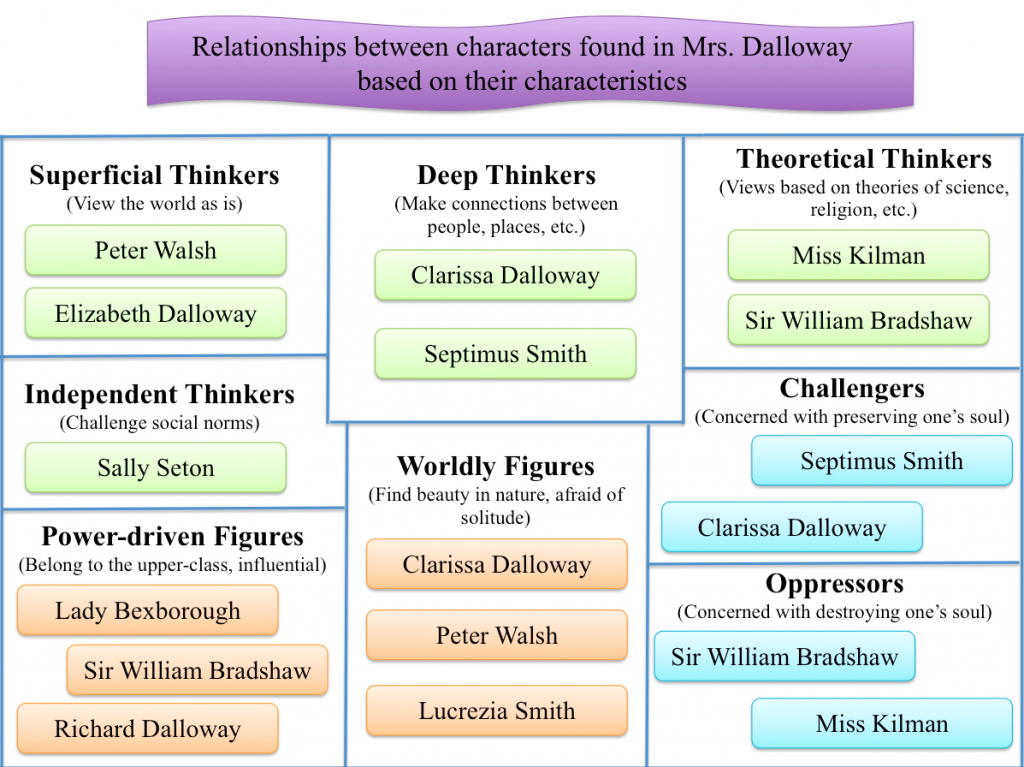MoMa Visit: Rene Magritte
Painting: https://drive.google.com/file/d/0BykCOSUow5ZyRW9MUVIzNXJ5UEU/view?usp=sharing
Rene Magritte’s painting titled “The False Mirror” depicts a surrealistic way of thinking. Surrealism, which was a cultural movement that originated in the early 1920s, challenged rational thinking. This movement encouraged individuals to discover their creative potential by exploring the unconscious part of their mind. Magritte’s painting challenges the way we perceive the world. The focal point of this painting is the iris of the eye, which has been replaced with an image of a cloudy blue sky. Apart from the missing eyelashes, every other aspect of this painting seems to align with our existing knowledge of the naked eye. The part of the eye that has been altered seems to suggest that our vision is limited. As written in the note located next the painting, “the eye is selective and subjective.” We have complete control over what we choose to see and how we process those images. The pupil found at the center of the cloud-filled sky further reiterates this idea because Magritte’s use of a solid black color for this part of the eye indicates that it is quite difficult to remain objective when making an observation. The eye can also be said to have a dual purpose; “the viewer both looks through it, as through a window, and is looked at by it, thus seeing and being seen simultaneously.” Given this dual purpose, we can infer that when we make an observation that is most likely subjective, another individual is making a similar observation about us.

